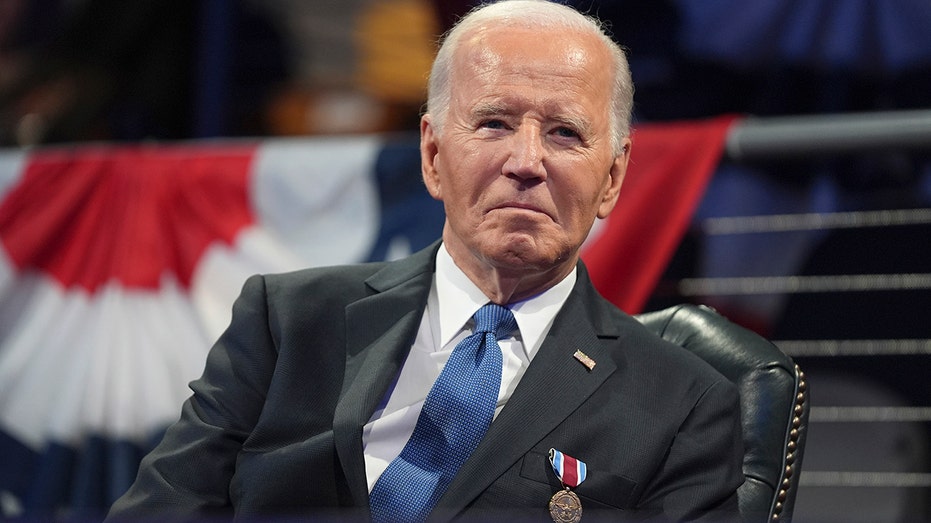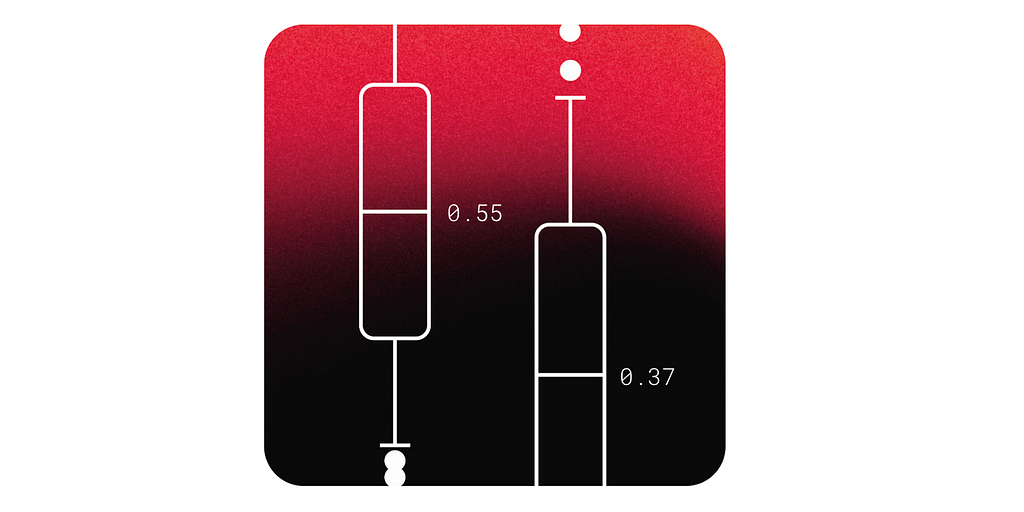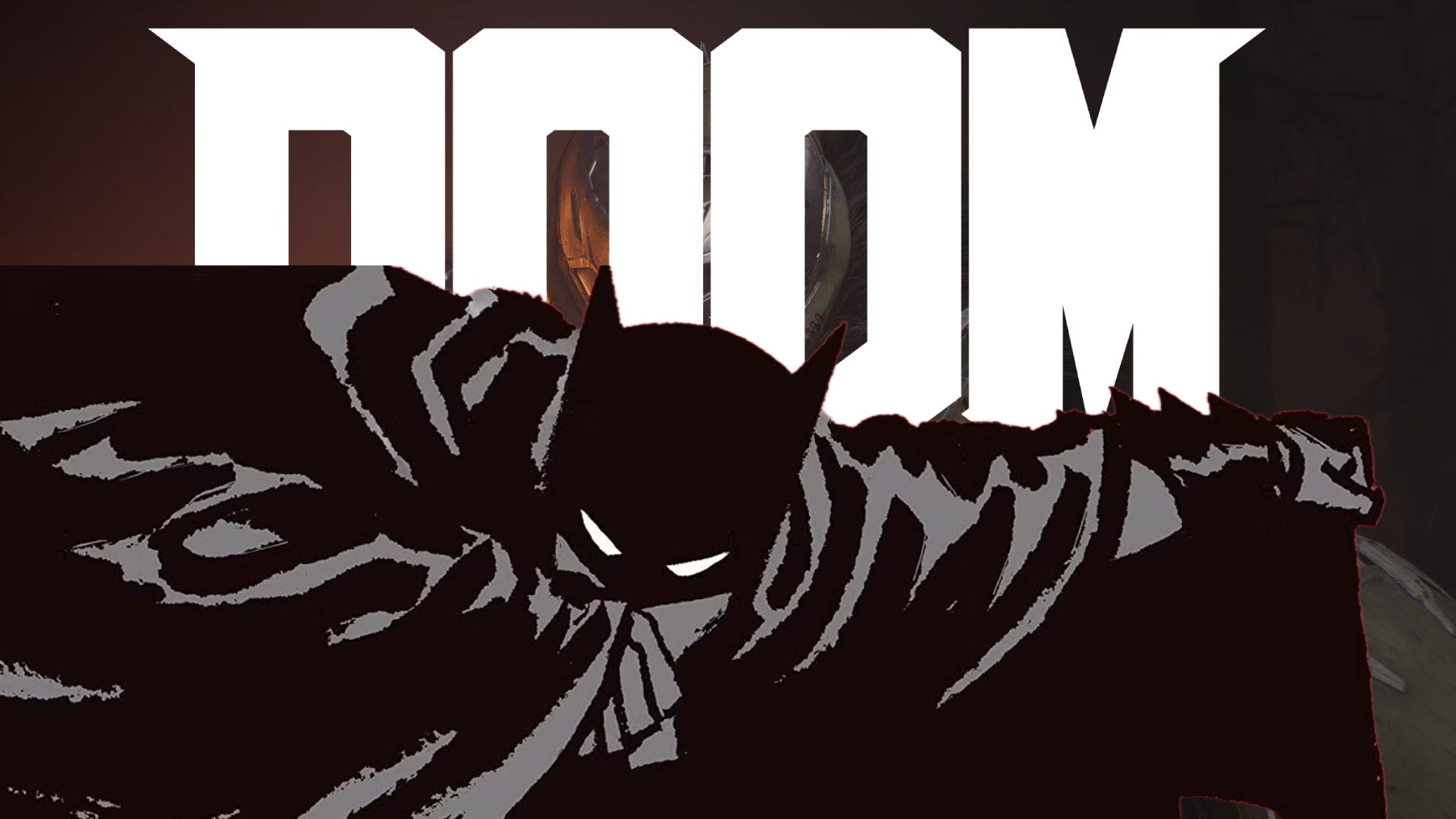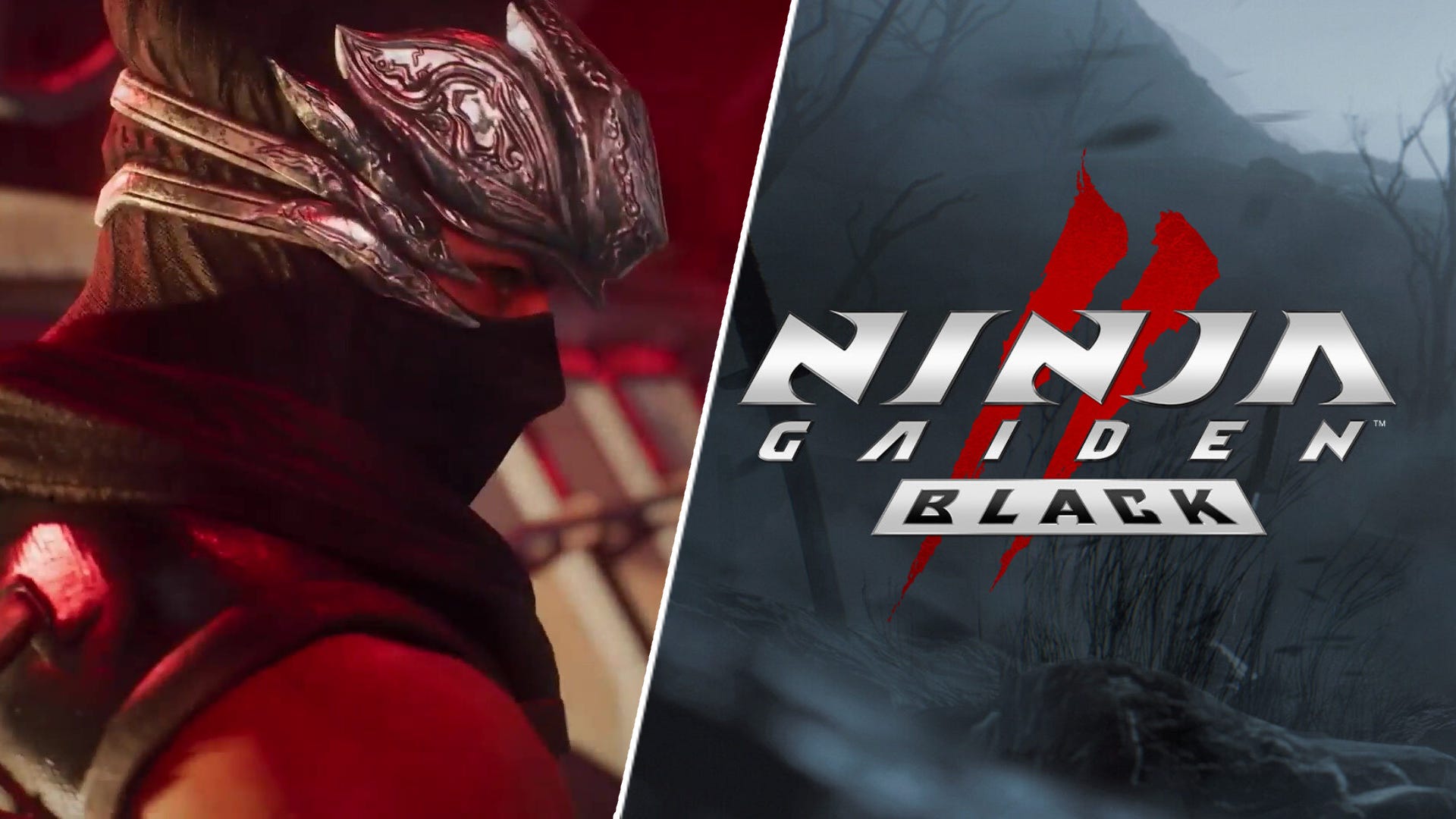How Netanyahu Misread His Relationship with Trump
The cease-fire in Gaza reflects another triumph for Donald Trump and shows Benjamin Netanyahu who’s boss.

Let us now praise Donald Trump. It’s hard for me not to choke on that phrase. But it was his bluster—his demand that Hamas release its remaining hostages before his inauguration, or else “all hell will break out”—that effectively ushered in a cease-fire, the beginning of the end of the Gaza war.
Although honesty requires crediting Trump, his success was not the product of magical powers or an indictment of Biden-administration diplomacy. Trump’s splenetic threats injected urgency into floundering talks. And by allowing his envoy Steven Witkoff to coordinate with the Biden administration, the incoming president left Israeli Prime Minister Benjamin Netanyahu with an acute sense of isolation.
Over the course of Netanyahu’s long reign, he has transformed his nation’s foreign policy. For much of its history, the Jewish state cultivated bipartisan support in the United States. Netanyahu trashed that tradition; for his own domestic purposes, he has provoked spats with Democratic presidents, bolstering his reputation among his right-wing base. At the same time, he tethered himself to the Republican Party.
As the Gaza war began to meander—and as it became clear that Israel would never achieve the “total victory” that he promised—Netanyahu dipped into this old playbook. In a video he released last June, he accused Biden of denying Israel the munitions that it needed to win the war. That charge was arguably slanderous, given the large sums of money that the United States had spent on arming Israel.
Although that strategy advanced his career, it had an obvious flaw. Because of Netanyahu’s lockstep partnership with the Republicans, he is beholden to the whims of the leader of that party. Once Trump emphatically expressed his desire to end the war, Netanyahu was stuck. To cross the incoming president would risk losing the most important pillar of Israel’s foreign support.
[Read: Trump made the Gaza cease-fire happen]
Some American observers assumed that Netanyahu wanted to extend the war into Trump’s term, during which he would have the Republican president’s permission to behave however he liked. These were, after all, like-minded politicians. But that assessment misread the Netanyahu-Trump dynamic.
Over the past four years, Netanyahu clearly has had reason to feel insecure about his relationship with Trump. Trump reportedly abhorred the fact that Netanyahu called Joe Biden to congratulate him on winning the 2020 presidential election. By acknowledging Biden’s victory, Netanyahu flunked the fundamental Trumpist loyalty test. (As Trump fumed about the episode to Axios’s Barak Ravid, he declared, “Fuck him.”) After October 7, Trump cast blame on the Israeli prime minister for failing to foresee the attack. Given this history, and all the anxieties it must surely provoke, Netanyahu was desperate to deliver for Trump, days before his inauguration, at the height of his prestige.
After months of diplomatic futility, Biden was shrewd to allow Trump and Witkoff to serve as the front men for the talks. Rather than clinging territorially to the office during his last days in power, or invoking clichés about how there’s one president at a time, he invited his successor into an ad hoc coalition in which they operated in sync, sharing the same strategy and applying combined pressure. This moment will be remembered as an atavistic flourish of bipartisan foreign policy, but it also makes me think about Antony Blinken’s eyes.
When I traveled with the secretary of state to the Middle East, and the lights of television cameras pointed at his face, I saw the toils of shuttle diplomacy in the bulging bags beneath his eyes. For months, protesters camped outside his suburban-Virginia house. They hurled red paint at his wife’s car while he kept returning to the region in the hopes of brokering a deal. Indeed, it was those months of excruciating, energetic negotiation that yielded the substance of an agreement, the gritty details of peace. That hard work should be at the center of the narrative, and maybe someday it will be, but right now it feels like a footnote.
On the left, plenty of Biden’s critics are now crowing. Many of those who hate “Genocide Joe” have always claimed that Trump would be better for the Palestinian cause, or perhaps just as bad, which justified a desire to punish Biden’s Zionism electorally. Now that strange faith in Trump will be tested, because the coming diplomacy will be even harder than ending the war. Hamas remains a fact of life in Gaza. For the time being, it’s the government there, and it has every incentive to remain an armed force. Reconstructing the Strip, rescuing it from dangerous anarchy, will require somehow navigating around that fact. I doubt that Trump cares deeply about the future of Gaza, or that he has the patience to maneuver through the tangle of complexities. But if he does, I will be the first to praise him.
What's Your Reaction?


















































